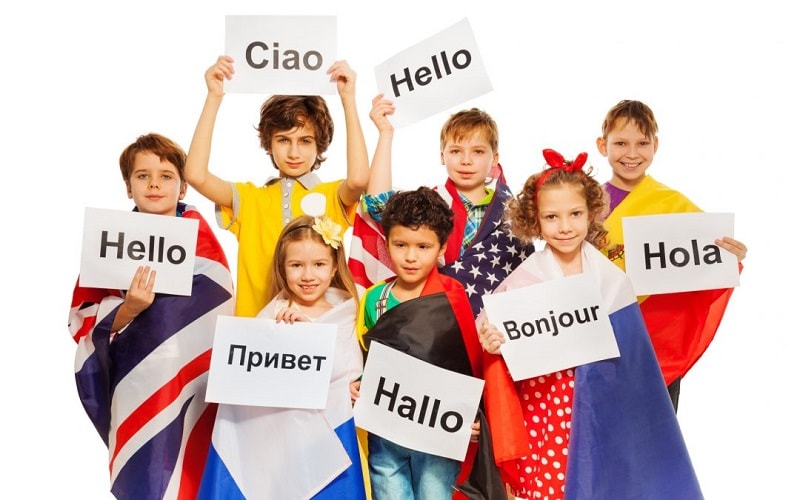Modern Foreign Languages (MFL) Teachers - how to stand out
If you browse through your Social Media channels, you might have noticed that MFL teachers are very wanted. But what does it mean in the world of education? We help you to understand Modern Foreign Languages and show you some extra teaching tips and facts.
What does MFL stand for?
MFL – Modern Foreign Languages
This is a collection of languages that we speak today and that are generally studied by students with different mother tongues.
For example: Spanish, German or Italian. But the list also includes Mandarin, Russian, Bengali…and many more.
Be an outstanding Modern foreign languages teacher!
Teaching another language to students is not an easy job to do. We give you some tips on how to teach pupils and become an outstanding MFL teacher.
Expectations
Pushing your class as far as possible is always an effective way to teach a language. Setting challenging homework and maximizing the input is crucial when it comes to learning languages.

Intellectual excitement (IE)
It’s basically the way the teacher delivers the message – effectiveness and clearness are the main focus points when we talk about IE.
“In a high IE classroom, the content is well organised. It is presented in clear language, in an engaging way, and relationships between topics are stressed. Teachers with IE love the course content. In response, students know where the teacher is going, they see connections between topics and they experience a sense of excitement about the content. ” – Ramin Akbari – a specialist in Teaching English as a foreign language
Teachers with high IE know when to interrupt with effective questions. They know when to use group work or games and in the meantime, avoid time-wasting tasks.
Interpersonal rapport (IR)
This refers to the relationship – in this case – between the teacher and the student. Teachers with low IR level are known as cold and distance and it affects the productivity of their students.
If you have a high IR, then you are probably a great MFL teacher. For you, it’s easy to build a relationship with your students that will encourage and motivate them. They are probably working hard and ready to take risks.
The best ways to teach a language

“Languages cannot be taught, they can only be learnt” – says Alex Rawlings, the UK’s most multi-lingual student, speaking 11 languages.
In order to be effective and not let the motivation drop – you need to have a well-structured class.
We collected some tips to help you to teach a class everybody enjoys:
- Be organised
- Keep your students motivated
- Include games and quizzes
- Use videos and songs
- Reward your students
When is the best age to start learning languages?

Children start their language education at a different age in different countries.
On average, across Europe, the education starts between the ages of 6 and 9. In Belgium, pupils start even earlier, at the age of 3 and they study it until they turn to 18. In Spain, Italy and Norway, language classes begin at the age of 6. Some students in Luxembourg have to learn up to 4 languages during their secondary education.
At the age around 3-4 is the best age to start learning a second language. At this age, children’s brains are like a “sponge”. Later on, learning any languages gets increasingly difficult.
A Harvard Study says- “The first three years of life, are believed to be a vital period in a child’s life. This is when the foundations for attitudes, thinking, and learning, among others, are laid down. This means that children have a natural ability to learn, which is developed during the first 3-4 years of their life.”
Get in touch with us!
If you enjoyed our blog today, visit more here!
Are you a teacher looking for a job? Have a look at our job vacancies by clicking here!
Teaching Blog
No results found.....
